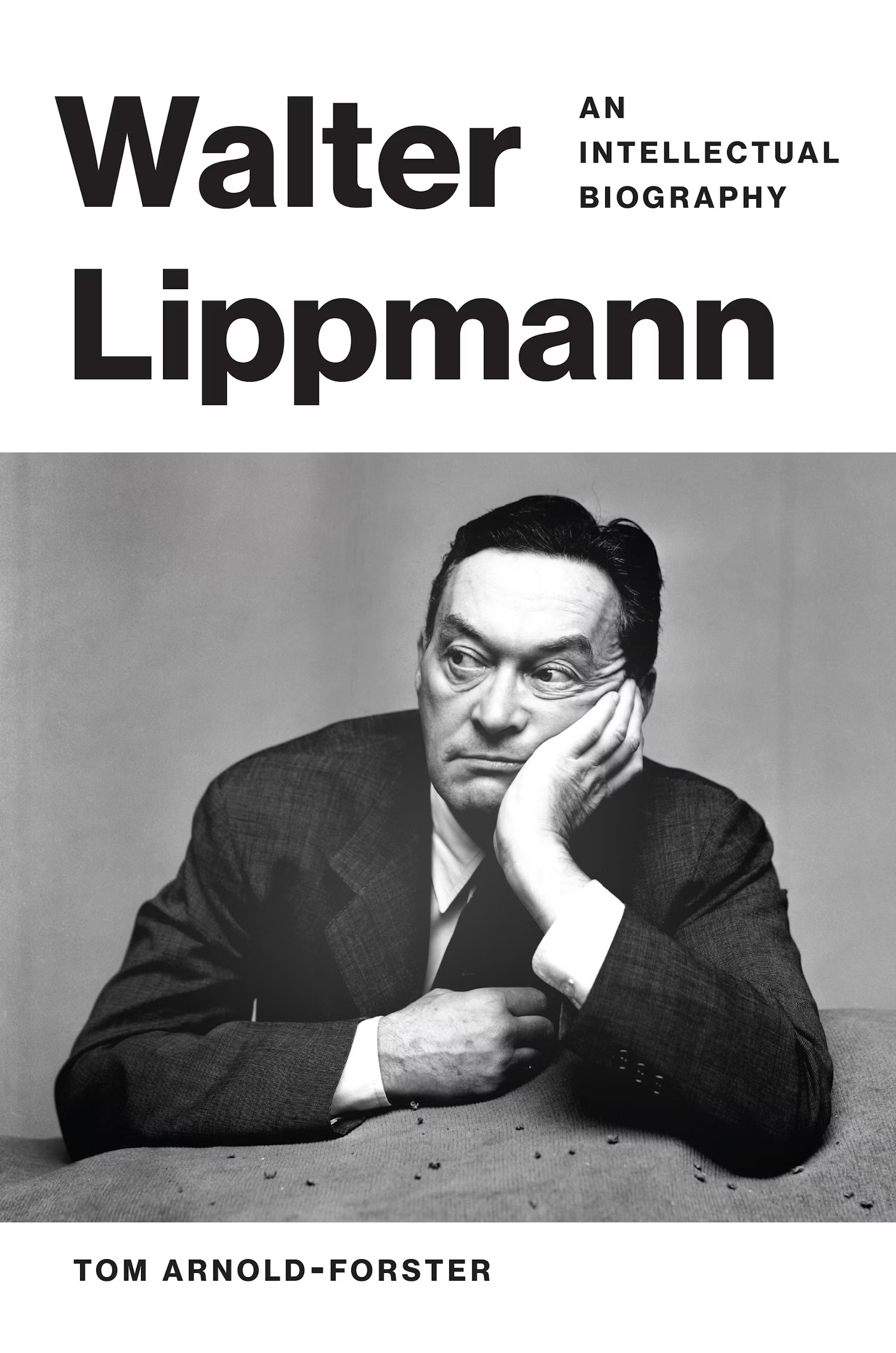Arnold-Forster has left almost no thought of Lippmann’s unturned in amassing this intellectual biography, and a review cannot do real justice to its capaciousness. It is, however, a good deal easier (and a lot more fun) to focus on Lippmann’s mistakes, some of which were real doozies. Probably the most quoted of Lippmann’s sentences is this dismissal of Franklin Roosevelt as a candidate for president in 1932: “He is a pleasant man who, without any important qualifications for the office, would very much like to be president.” Lippmann changed his mind about FDR for a while as the New Deal took shape, but by 1936 he was endorsing Alf Landon, an oilman and the Republican governor of Kansas, for president. But his worst moment as a pundit came in 1933, when he described a speech by Adolf Hitler as “statesmanlike” and representing “the authentic voice of a genuinely civilized people.” He even suggested that the Nazi persecution of Jews was “a kind of lightning rod which protects Europe”; his longtime friend Felix Frankfurter wouldn’t speak to him after this for more than three years.
There were other blunders along the way. Earlier, Lippmann had been fully supportive of Harvard president A. Lawrence Lowell when he sought to impose a quota on Jewish students accepted at the university, inveighing against what Lippmann termed those “vulgar and pretentious Jews” who brought obloquy upon themselves; later he also supported the internment of Japanese Americans during the Second World War.
Lippmann was at odds with Lyndon Johnson over the Vietnam War, which he viewed as a geopolitical disaster, but in 1968—unnerved by the radical and unruly turn its opposition had taken—he endorsed Richard Nixon for president. And he was such a complete snob that he once boasted, “I have not the vaguest idea what Brooklyn is interested in.” (That’s the old salt-of-the-earth Brooklyn of William Bendix and Betty Smith, in case you were confused.)
For a philosopher-king of American liberalism, Lippmann ended up displaying a considerable amount of contradiction and inconsistency. In accounting for these shifts, Arnold-Forster uses a lot of phrases that feel like oxymorons, among them “liberal imperialism” and “a conservative liberal grandee.” Earlier he quotes Herbert Croly’s description of The New Republic, the place where Lippmann made his bones, as “radical without being socialistic.” You could interpret this unkindly, as a descriptor for a thinker whose liberal principles were tropic toward power politics and its perceived necessities. Certainly, no one ever described Lippmann as an idealist.

